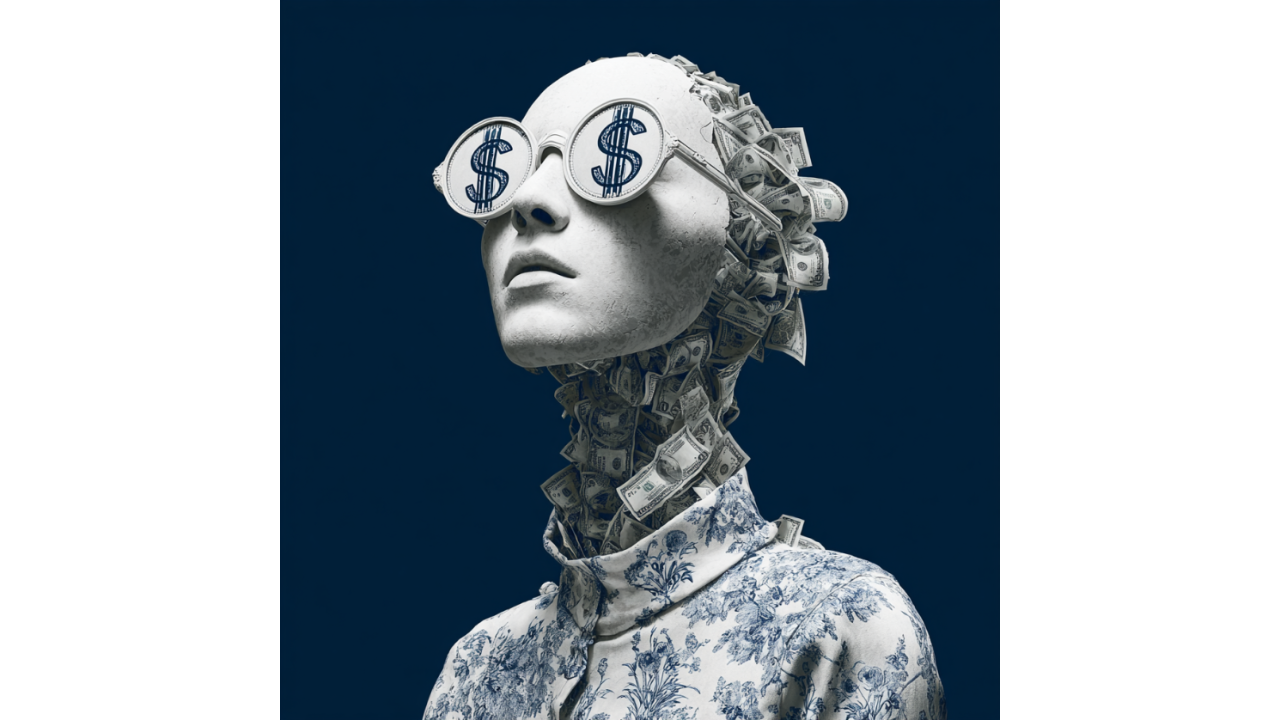Cybercriminals Exploit X's Grok AI to Bypass Ad Restrictions
The cybersecurity community just discovered something deeply unsettling: criminals have figured out how to weaponize X's AI assistant Grok as an...
4 min read
 Writing Team
:
Aug 8, 2025 8:00:00 AM
Writing Team
:
Aug 8, 2025 8:00:00 AM

Well, well, well. Color us shocked. Elon Musk, the same guy who told advertisers to "go fuck themselves" at the DealBook Summit, has now decided that Grok—his supposedly revolutionary AI chatbot—needs advertising. Because nothing says "cutting-edge artificial intelligence" quite like turning your chatbot into a walking, talking billboard.
In a rare charm offensive with marketers (emphasis on the word "offensive"), Musk announced that X would allow marketers to pay to appear in suggestions from Grok. The justification? "We need to pay for those expensive GPUs." Translation: "My $44 billion Twitter acquisition is bleeding money faster than a Tesla in a crash test, and I need your ad dollars to keep the lights on."
Let's pause for a moment to appreciate the beautiful irony here. Musk spent months railing against the "mainstream media" and traditional advertising models, positioned X as a bastion of free speech, and promised an AI that would be the "smartest, most accurate AI in the world." Now he's planning to corrupt that accuracy with paid placements. Chef's kiss.
The math behind this desperation move is deliciously stark. X's UK operations saw a 66.3% drop in revenue in the year following Musk's takeover, falling from £205.3 million in 2022 to £69.1 million in 2023. Meanwhile, ad revenue plummeted by almost half (46.4%) between 2022 and 2023—from $4.5 billion to $2.2 billion year-on-year, with WARC estimating a hypothetical loss of $5.9 billion in ad revenue overall since Musk's acquisition.
But here's the kicker: only 4% of marketers considered ads on X to be brand-safe, and a quarter (26%) plan to reduce spending in 2025. So Musk's brilliant solution? Double down on advertising by shoving it into the one thing on his platform that people might actually trust—his AI chatbot.
Meanwhile, other social media platforms experienced strong growth during the same period. Instagram was up 24.9%, Snapchat by 13.8%, and Pinterest by 18.1%. It's almost like telling your advertisers to go fuck themselves has consequences. Who could have predicted this?
This move represents the platonic ideal of platform enshittification—the process where a platform shifts focus from user experience to maximizing profit via advertising. Most platforms take years to degrade user trust this thoroughly. Musk managed it in under three years.
The timing is particularly rich. While OpenAI's Sam Altman calls ads a "last resort" and says "I think that ads-plus-AI is sort of uniquely unsettling," Musk is sprinting toward the exact dystopian future that other AI leaders are trying to avoid. OpenAI CEO Sam Altman has been skeptical of ads, framing them as noisy distractions that could bias AI outputs. Multiple advertising executives have told the Financial Times they want AI companies to sell ad slots in their chatbots, while groups such as OpenAI have openly denied any plans to do so amid fears of a consumer backlash.
Yet here comes Musk, charging ahead where even profit-hungry OpenAI fears to tread.
The fundamental problem with advertising in AI chatbots isn't just aesthetic—it's epistemological. When users ask Grok a question, they expect an objective answer based on data and reasoning. Once you introduce paid placements, every response becomes suspect. Did Grok recommend that restaurant because it's actually good, or because they paid for the privilege?
This is particularly problematic for a platform that already has trust issues. X's trust score dropped from 28% in 2021 to just 16% in 2023, according to Kantar research. Adding sponsored content to AI responses is like trying to rebuild trust by lying more efficiently.
The "solution" Musk described—where "advertising the specific solution would be ideal" when users are trying to solve problems—sounds suspiciously like turning Grok into a glorified shopping assistant. Imagine asking about the best way to manage anxiety and getting a sponsored response for some dubious supplement company.
The most entertainingly predictable part of this announcement is Musk's attempt to frame it as innovation. He described plans to use Grok technology to "assess how aesthetically pleasing adverts are and prioritise those deemed more so." Because what users really want from their AI is prettier ads interrupting their search for information.
The company is also planning to build a checkout feature for users to make purchases from ads while remaining in the app. Because nothing says "trusted AI assistant" quite like "convenient impulse purchasing platform."
Meanwhile, during the same call where Musk announced these advertising plans, some advertisers gave him "glowing reviews" of X's upgrades, while others declined to join, maintaining that the platform's content remained too toxic. As one media buyer at a top holding company told the Financial Times: "I'm not wasting my time."
This was always going to happen. When you buy a platform for $44 billion and then systematically destroy its revenue streams while adding $1.2 billion in annual debt service costs, you eventually run out of ways to avoid the obvious solution. X now has around 1.3 million paying users (0.26% of its total user base), bringing in around $176.4 million per year from subscriptions—a rounding error compared to its obligations.
The real tragedy isn't that Musk is introducing ads to Grok. It's that he's doing exactly what every desperate platform owner does when they've exhausted all other options: sacrifice user experience for short-term revenue. It's the same playbook that has destroyed countless platforms before, dressed up in Silicon Valley buzzwords about "AI-powered targeting" and "aesthetic optimization."
The only surprise is that anyone is surprised. This was always the endgame for a platform owned by someone who fundamentally misunderstands the relationship between content moderation, advertiser confidence, and sustainable revenue.
We're watching a masterclass in how to turn a $44 billion acquisition into a very expensive lesson about the importance of not alienating your primary revenue source while pretending to innovate.
Ready to build AI tools that actually serve users instead of advertisers? Winsome Marketing's growth experts understand the difference between sustainable monetization and desperate cash grabs. Let's discuss how to implement AI solutions that enhance user experience rather than exploit it—because your customers deserve better than becoming products for someone else's revenue recovery plan.

The cybersecurity community just discovered something deeply unsettling: criminals have figured out how to weaponize X's AI assistant Grok as an...

Elon Musk's xAI just slashed Grok token prices by 98%, and the tech press is calling it a "reset of the AI cost curve." But here's what they're not...

Elon Musk has announced that Grok 5 is being pushed to early 2026, stretching the training timeline as xAI scales both the model and the...